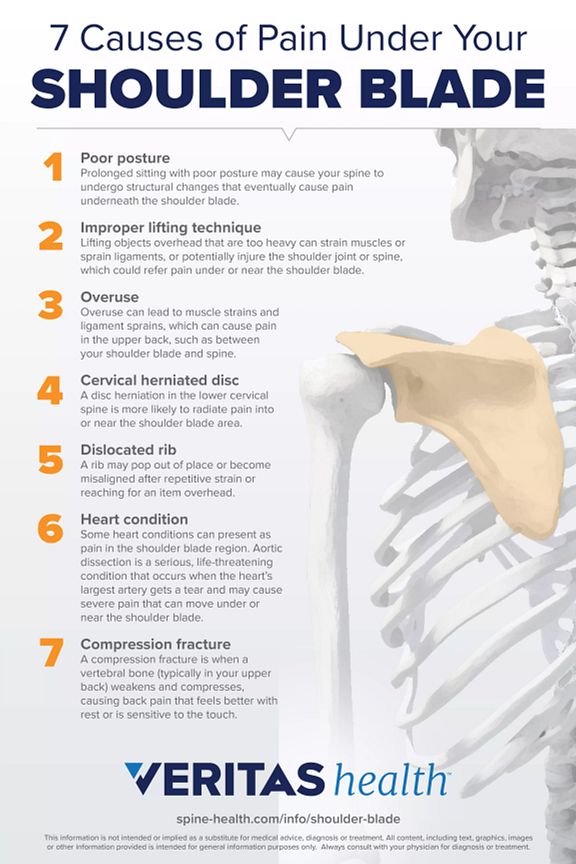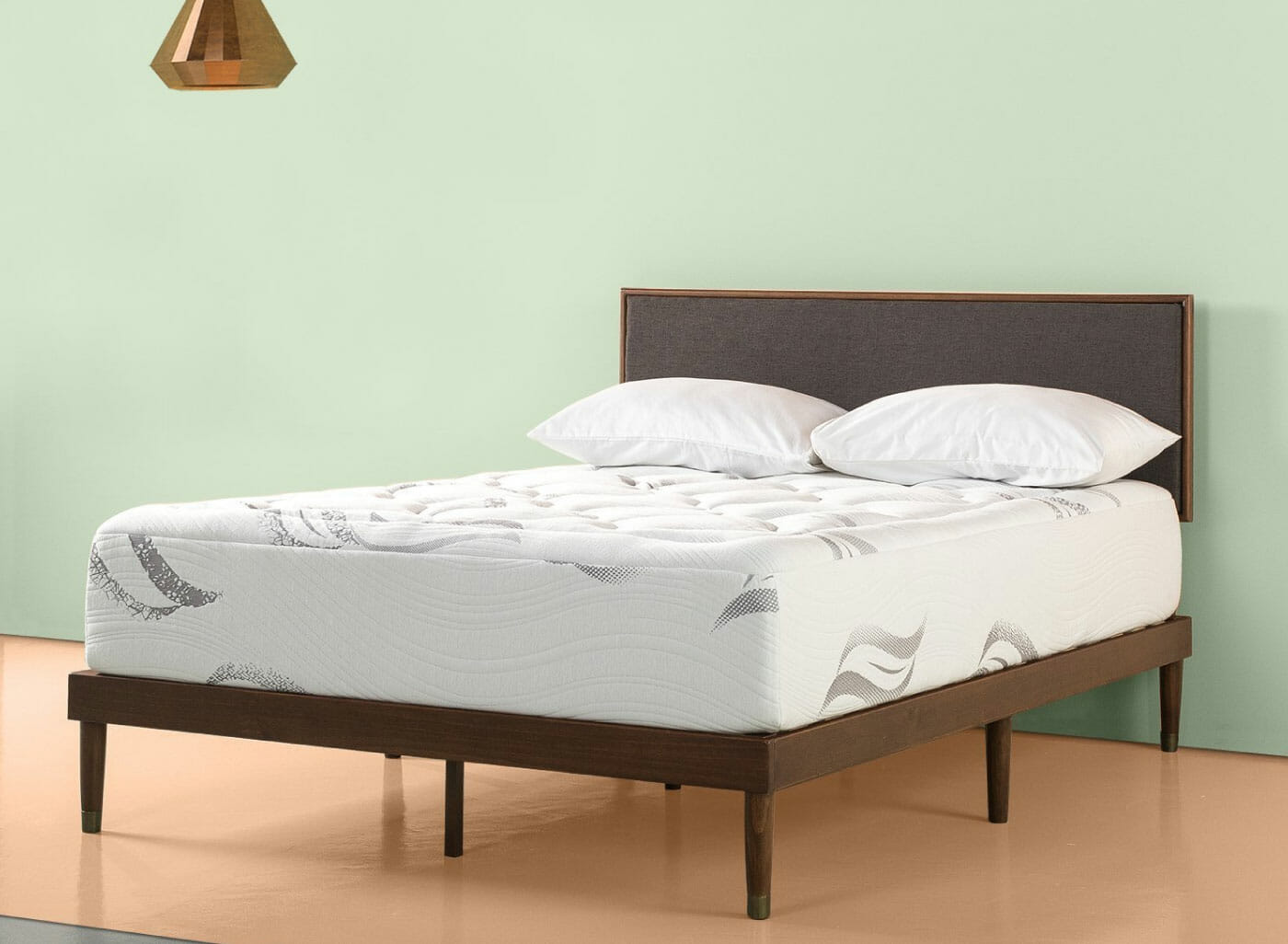1. Understanding Memory Foam Mattresses and Shoulder Pain
If you're considering investing in a new mattress, chances are you've come across the popular memory foam variety. These mattresses are known for their pressure-relieving capabilities and body-contouring support. However, for some individuals, sleeping on a memory foam mattress can lead to shoulder pain. Let's dive into the reasons why this may happen and what you can do about it.
2. The Link Between Memory Foam and Shoulder Pain
One of the main reasons why a memory foam mattress can cause shoulder pain is due to its firmness level. While memory foam is designed to conform to your body's shape, it can also create too much sinkage and pressure on certain areas, including the shoulders. This can lead to discomfort and pain, especially for those who are side sleepers.
3. The Role of Body Weight and Mattress Firmness
Another factor that can contribute to shoulder pain on a memory foam mattress is the individual's body weight. The heavier a person is, the more their body will sink into the mattress, potentially creating excessive pressure on the shoulders. Conversely, a mattress that is too firm may not provide enough contouring support, leading to discomfort and pain in the shoulders.
4. Finding the Right Level of Support and Comfort
When it comes to memory foam mattresses and shoulder pain, finding the right balance is crucial. Look for a mattress that offers both support and comfort. A medium-firm memory foam mattress can provide enough support to keep your spine aligned while also offering enough cushioning for the shoulders. This can help alleviate pressure and pain in the shoulders.
5. The Position You Sleep In Matters
Another important factor to consider is your sleeping position. Most side sleepers tend to experience shoulder pain on a memory foam mattress. This is because their weight is concentrated on one shoulder, creating pressure points and discomfort. If you're a side sleeper, try switching up your sleeping position or investing in a mattress specifically designed for side sleepers.
6. The Quality of the Memory Foam
Not all memory foam mattresses are created equal. The quality of the memory foam used in a mattress can greatly affect its ability to relieve pressure and prevent shoulder pain. Look for a mattress made with high-density memory foam, which is more durable and provides better support. This can also help prevent the mattress from sagging and creating uneven pressure on the shoulders.
7. The Importance of Pillow Support
While your mattress plays a significant role in your comfort and support while sleeping, so does your pillow. A pillow that is too high or too low can affect the alignment of your spine and shoulders, potentially leading to pain. Look for a pillow that supports your head and neck while keeping your spine in a neutral position. This can help alleviate pressure on the shoulders.
8. Give Your Body Time to Adjust
If you've recently switched to a memory foam mattress and are experiencing shoulder pain, give your body time to adjust. It can take a few weeks for your body to get used to a new mattress, especially if you've been sleeping on a different type of mattress for a long time. If the pain persists after a few weeks, it may be time to consider a different mattress or sleeping position.
9. Maintaining Proper Sleep Posture
Even with the right mattress and pillow, maintaining proper sleep posture is essential for preventing shoulder pain. Make sure to keep your shoulders relaxed and avoid hunching them towards your neck. This can create unnecessary tension and strain on the shoulders. Additionally, consider stretching before bed to help loosen any tight muscles in the shoulders.
10. Conclusion: Choosing the Right Mattress for You
While a memory foam mattress can cause shoulder pain for some individuals, it's important to remember that every body is unique. What works for one person may not work for another. When choosing a mattress, consider your body weight, sleeping position, and personal preferences. This can help you find the right balance of support and comfort for a restful and pain-free sleep.
How a Memory Foam Mattress Can Cause Shoulder Pain

The Role of Mattress Firmness
 When it comes to finding the perfect mattress, many people prioritize comfort and support. However, the firmness of a mattress is often overlooked as a factor that can contribute to shoulder pain. A memory foam mattress, while known for its plush and contouring feel, may actually be the culprit behind your aching shoulders.
Memory foam mattresses are known for their ability to conform to the body's shape, providing support and pressure relief. However, this can also mean that the shoulders sink too deeply into the mattress, causing the spine to be misaligned.
This can put excess strain on the muscles and tendons in the shoulders, leading to discomfort and pain.
When it comes to finding the perfect mattress, many people prioritize comfort and support. However, the firmness of a mattress is often overlooked as a factor that can contribute to shoulder pain. A memory foam mattress, while known for its plush and contouring feel, may actually be the culprit behind your aching shoulders.
Memory foam mattresses are known for their ability to conform to the body's shape, providing support and pressure relief. However, this can also mean that the shoulders sink too deeply into the mattress, causing the spine to be misaligned.
This can put excess strain on the muscles and tendons in the shoulders, leading to discomfort and pain.
The Importance of Proper Alignment
 Our bodies are designed to maintain proper alignment, even while we sleep. When we lie down, our spine should be in a neutral position, with the shoulders, hips, and knees all in line. A mattress that is too soft or too firm can disrupt this alignment, causing pressure points and pain in various areas of the body.
With a memory foam mattress, the shoulders may sink too deeply, causing the spine to curve unnaturally.
This can not only lead to shoulder pain but also neck and back pain as the body tries to compensate for the misalignment. Over time, this can also lead to chronic issues such as nerve damage, arthritis, and even herniated discs.
Our bodies are designed to maintain proper alignment, even while we sleep. When we lie down, our spine should be in a neutral position, with the shoulders, hips, and knees all in line. A mattress that is too soft or too firm can disrupt this alignment, causing pressure points and pain in various areas of the body.
With a memory foam mattress, the shoulders may sink too deeply, causing the spine to curve unnaturally.
This can not only lead to shoulder pain but also neck and back pain as the body tries to compensate for the misalignment. Over time, this can also lead to chronic issues such as nerve damage, arthritis, and even herniated discs.
Considerations When Choosing a Memory Foam Mattress
 If you are considering a memory foam mattress but are concerned about potential shoulder pain, there are a few things to keep in mind.
Firstly, consider your body weight and sleeping position.
Heavier individuals may experience more sinking in a memory foam mattress, leading to increased pressure on the shoulders. Side sleepers may also be more prone to shoulder pain as their weight is focused on one side.
It is also important to consider the density and firmness of the memory foam.
A higher density foam will be more supportive and less likely to cause sinking, while a firmer mattress will keep the body in better alignment. It may also be helpful to look for memory foam mattresses with added lumbar support or targeted shoulder support for extra comfort.
In conclusion, while memory foam mattresses can provide a comfortable and supportive sleep surface, they may also be a contributing factor to shoulder pain.
It is important to find a balance between comfort and proper alignment when choosing a memory foam mattress to prevent shoulder pain and promote overall sleep health.
Consider your individual needs and seek out options that provide the right level of support for your body.
If you are considering a memory foam mattress but are concerned about potential shoulder pain, there are a few things to keep in mind.
Firstly, consider your body weight and sleeping position.
Heavier individuals may experience more sinking in a memory foam mattress, leading to increased pressure on the shoulders. Side sleepers may also be more prone to shoulder pain as their weight is focused on one side.
It is also important to consider the density and firmness of the memory foam.
A higher density foam will be more supportive and less likely to cause sinking, while a firmer mattress will keep the body in better alignment. It may also be helpful to look for memory foam mattresses with added lumbar support or targeted shoulder support for extra comfort.
In conclusion, while memory foam mattresses can provide a comfortable and supportive sleep surface, they may also be a contributing factor to shoulder pain.
It is important to find a balance between comfort and proper alignment when choosing a memory foam mattress to prevent shoulder pain and promote overall sleep health.
Consider your individual needs and seek out options that provide the right level of support for your body.

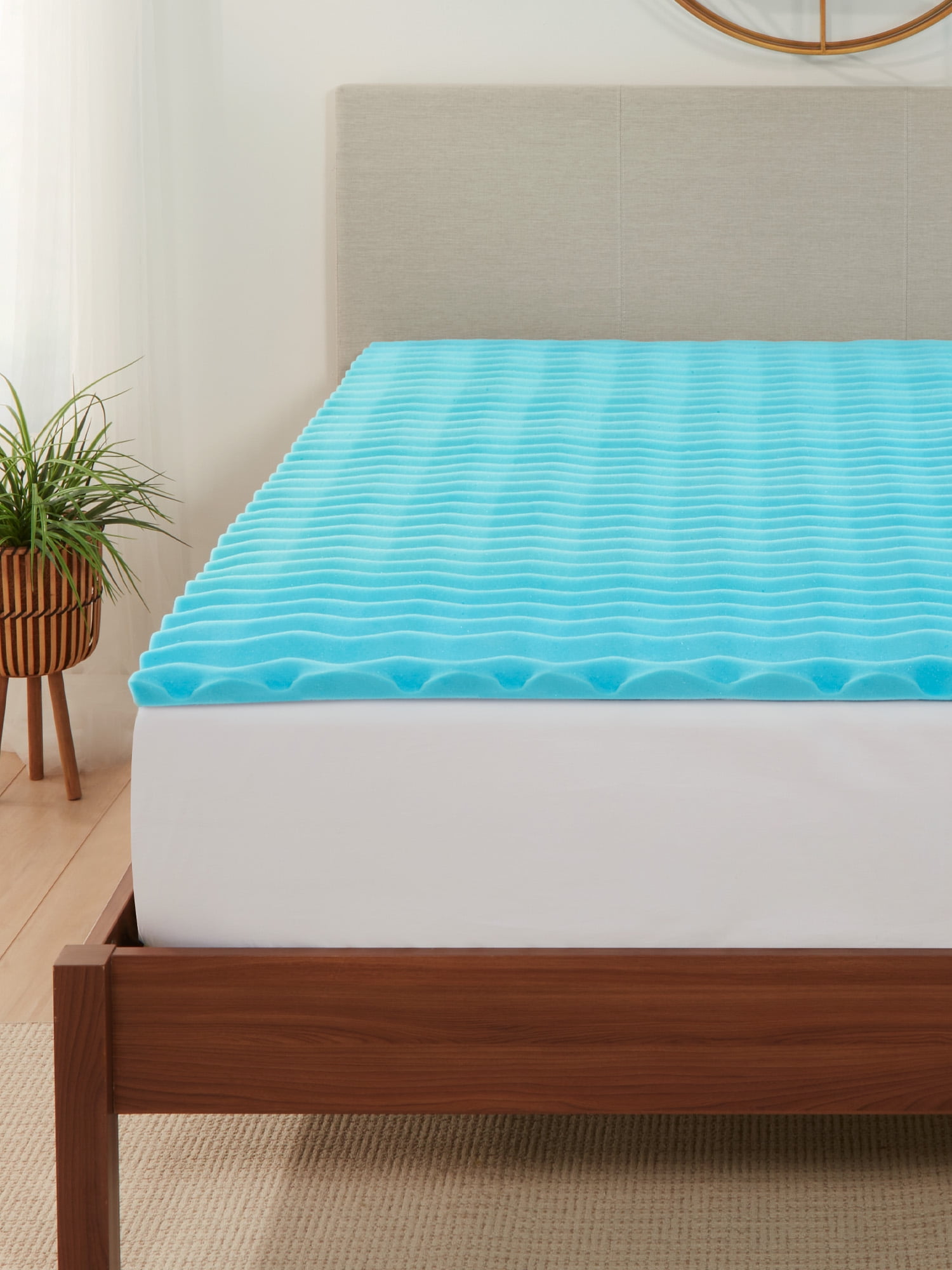
















:max_bytes(150000):strip_icc()/shoulder_pain_medreview-01-5c3b9f8546e0fb0001bdeaaa.png)












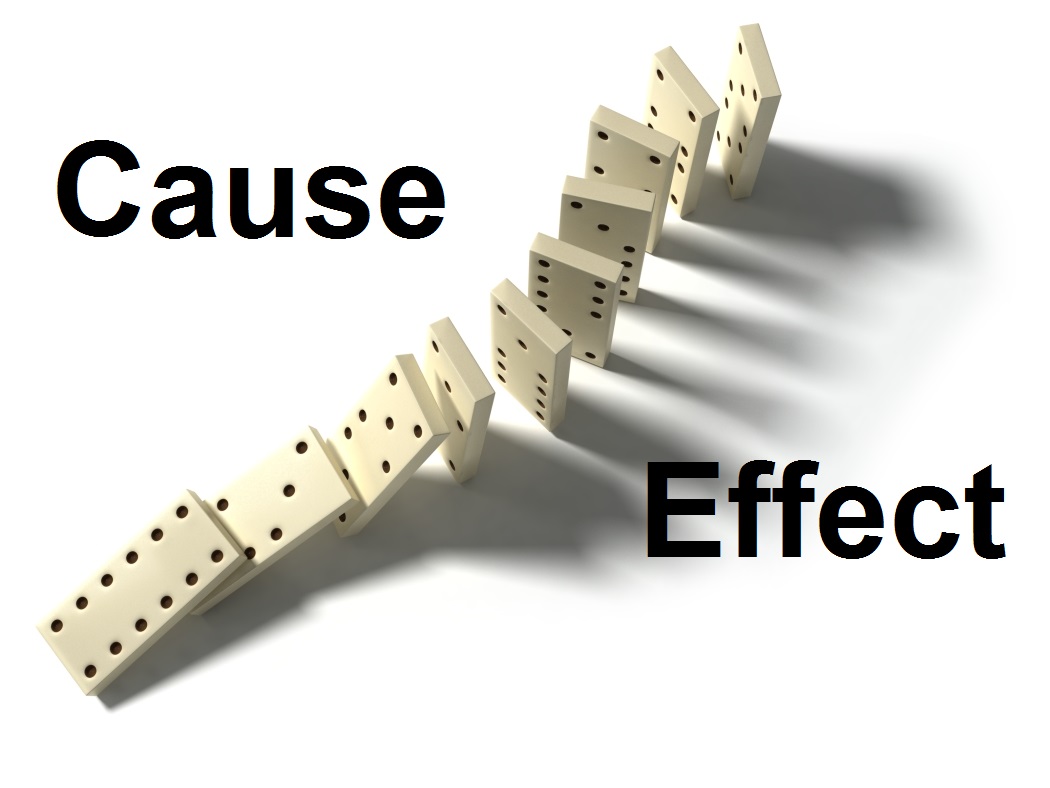

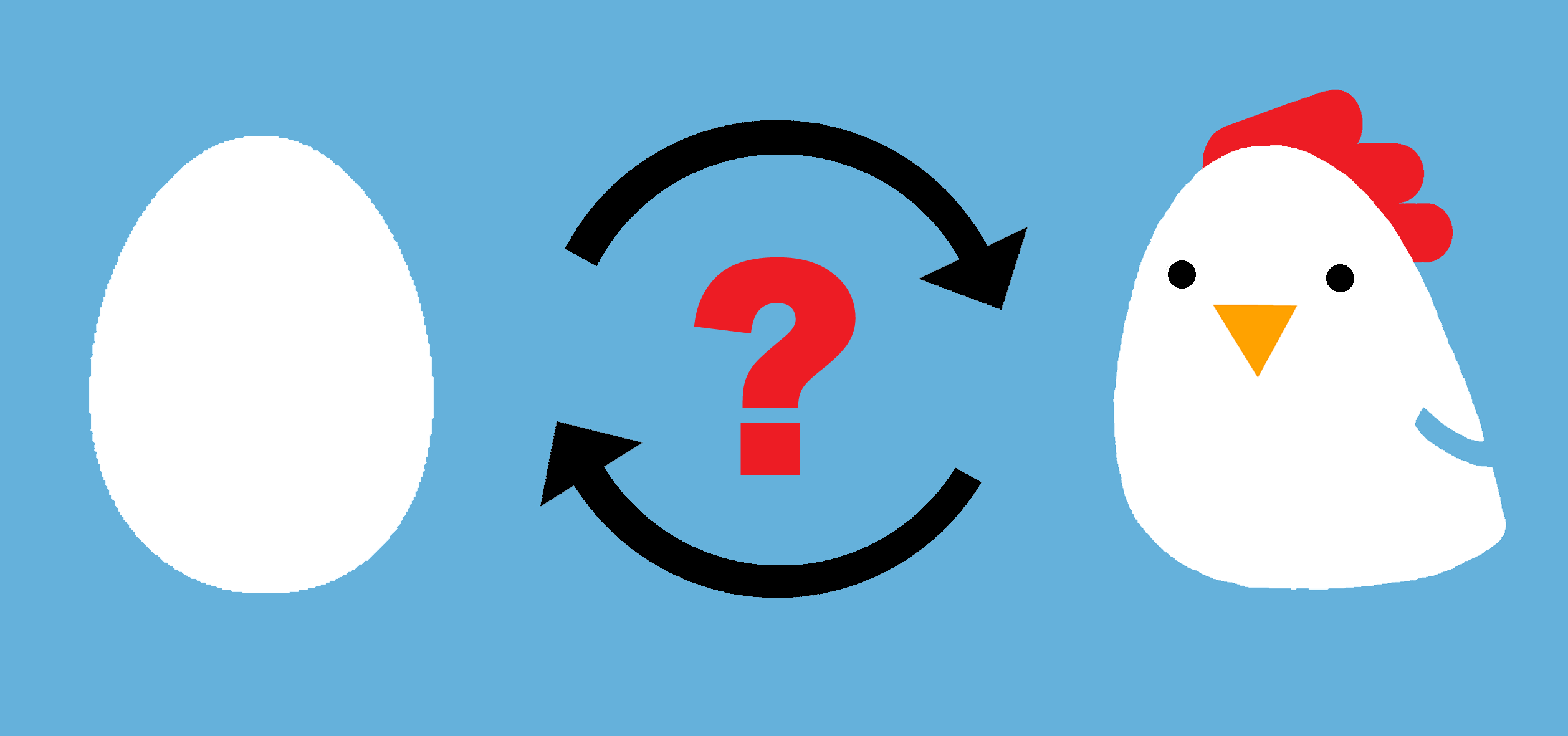


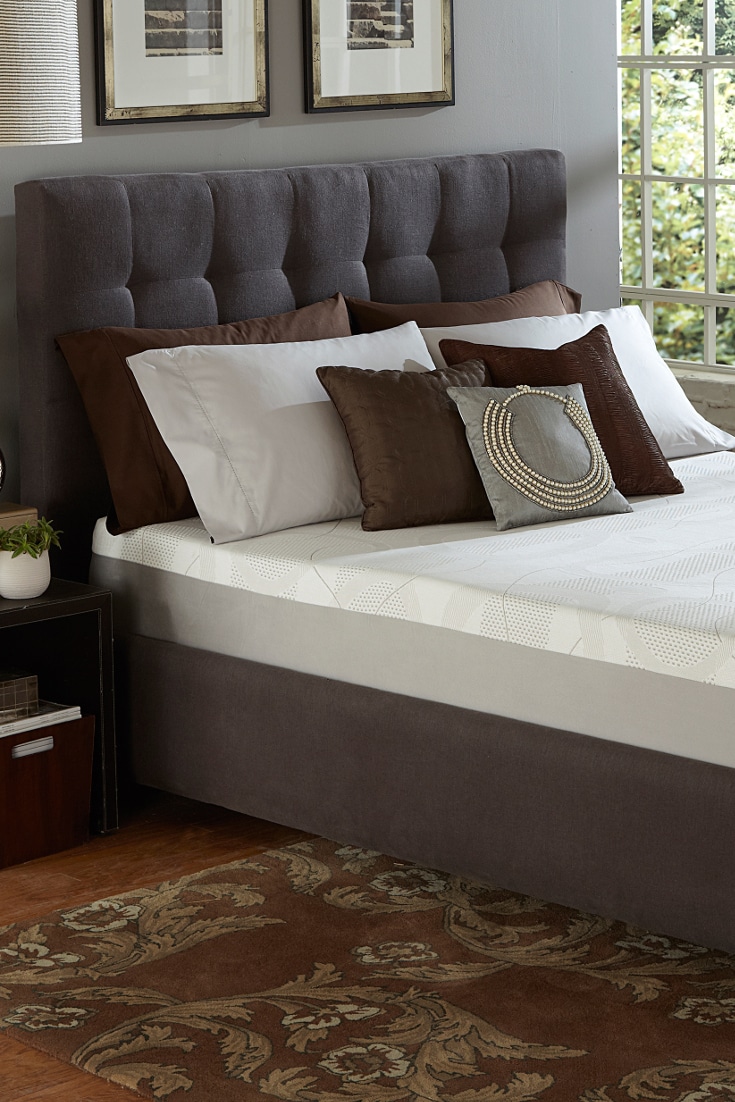
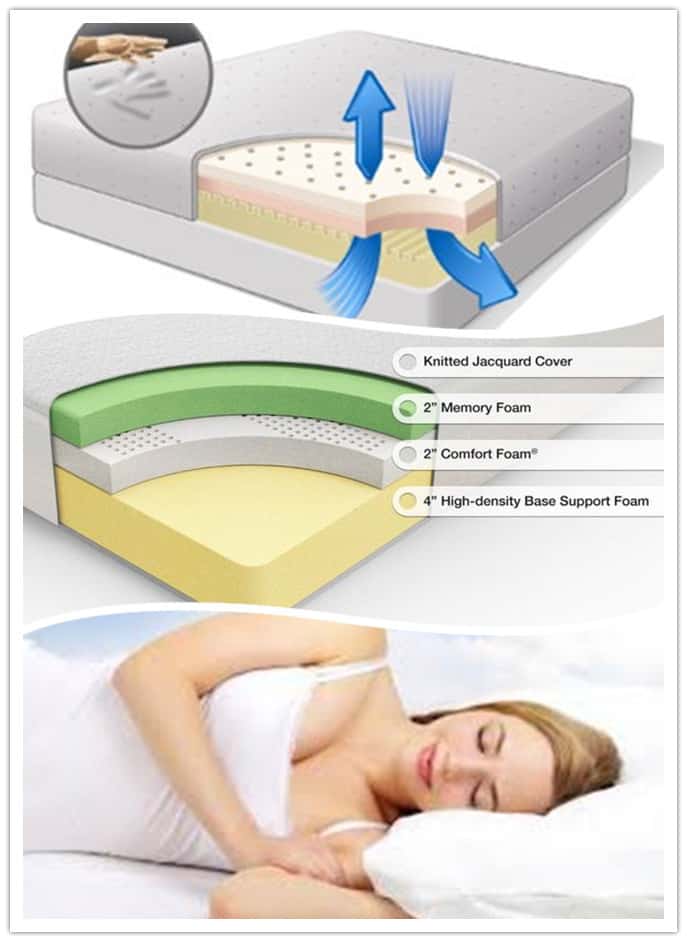




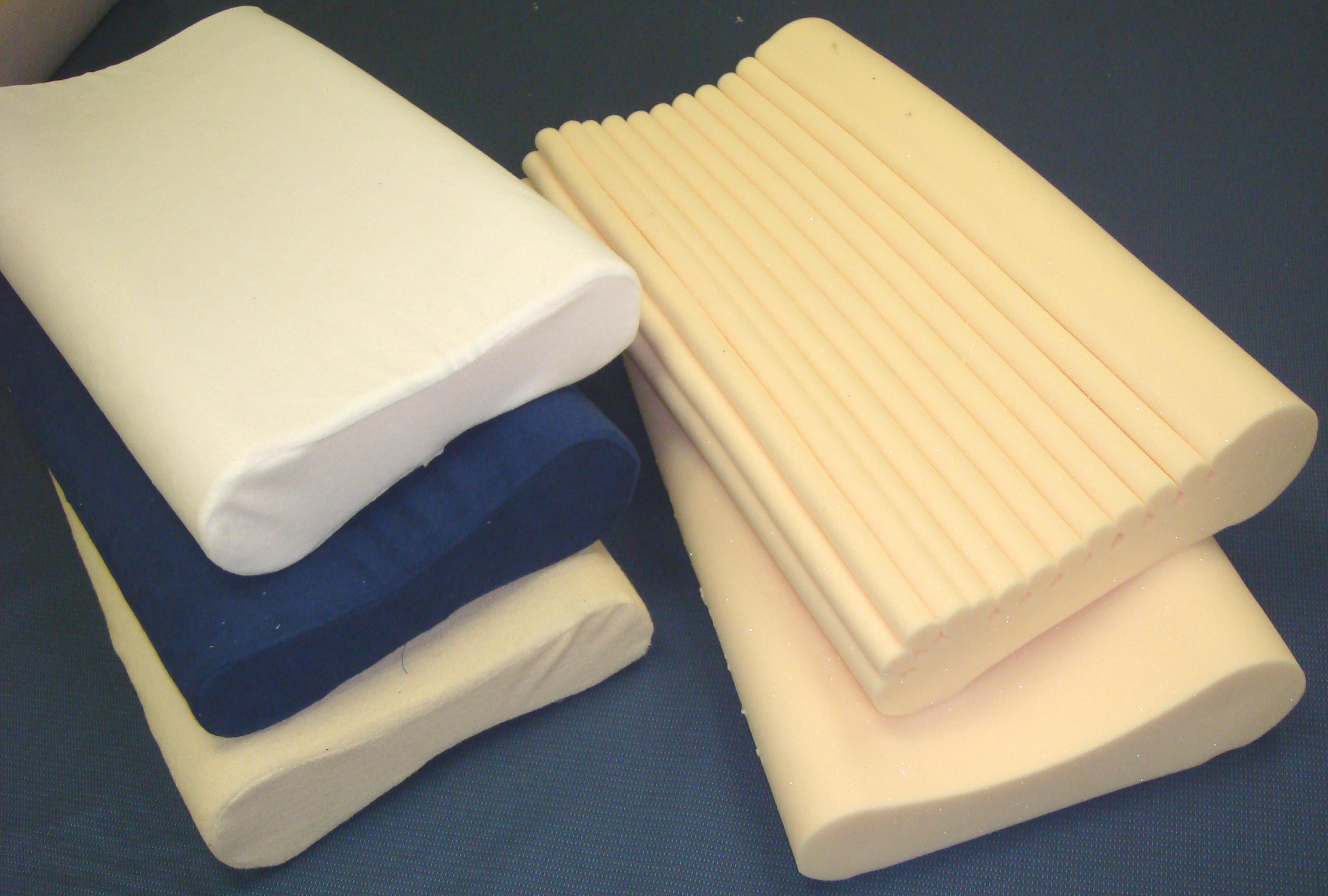
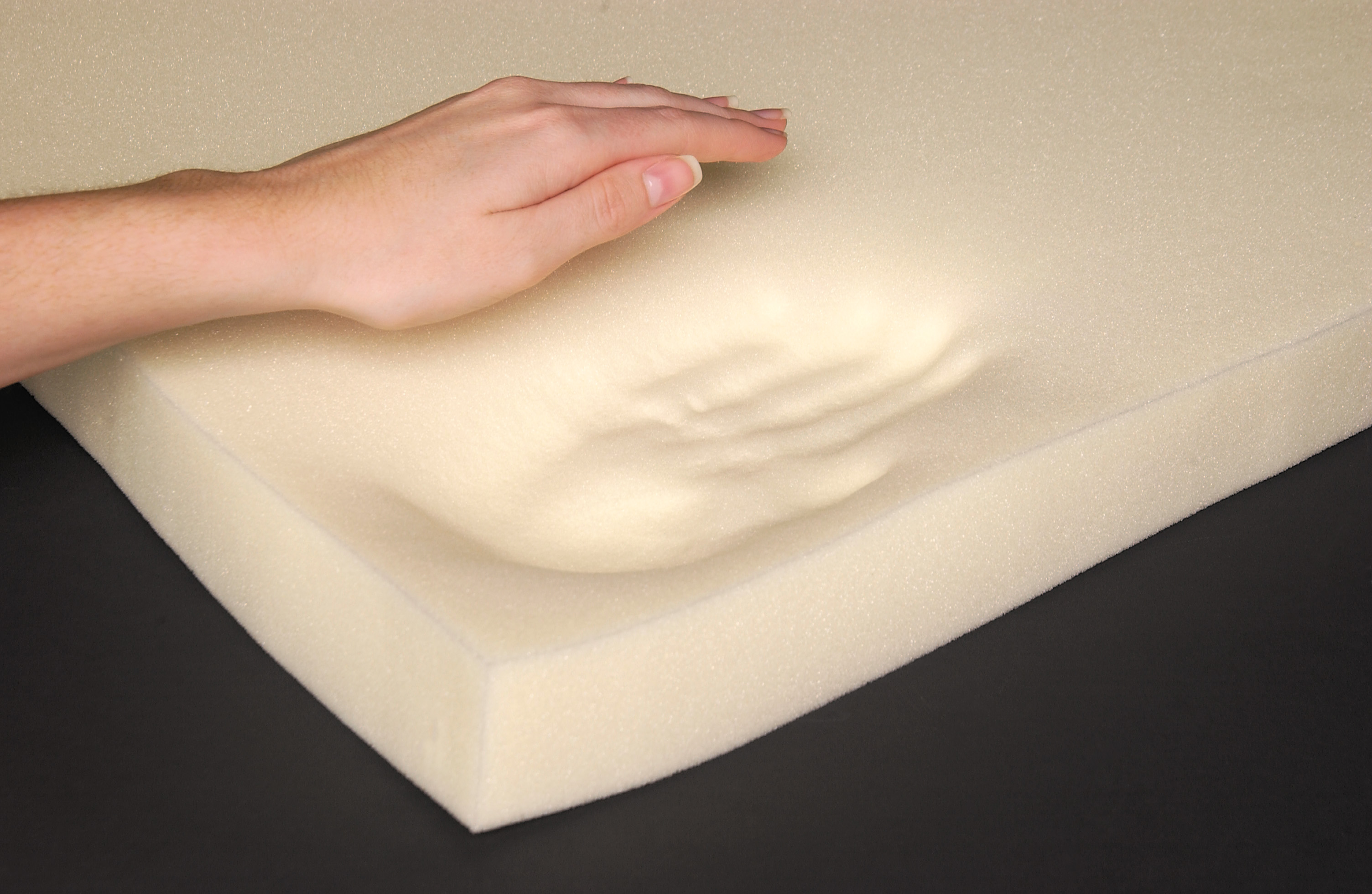
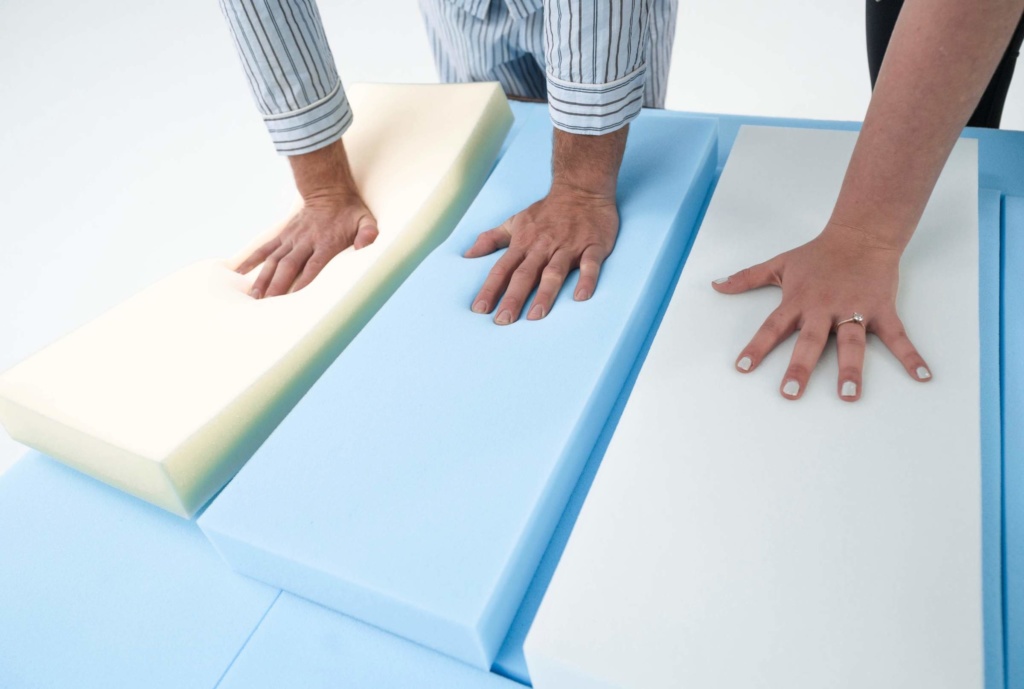
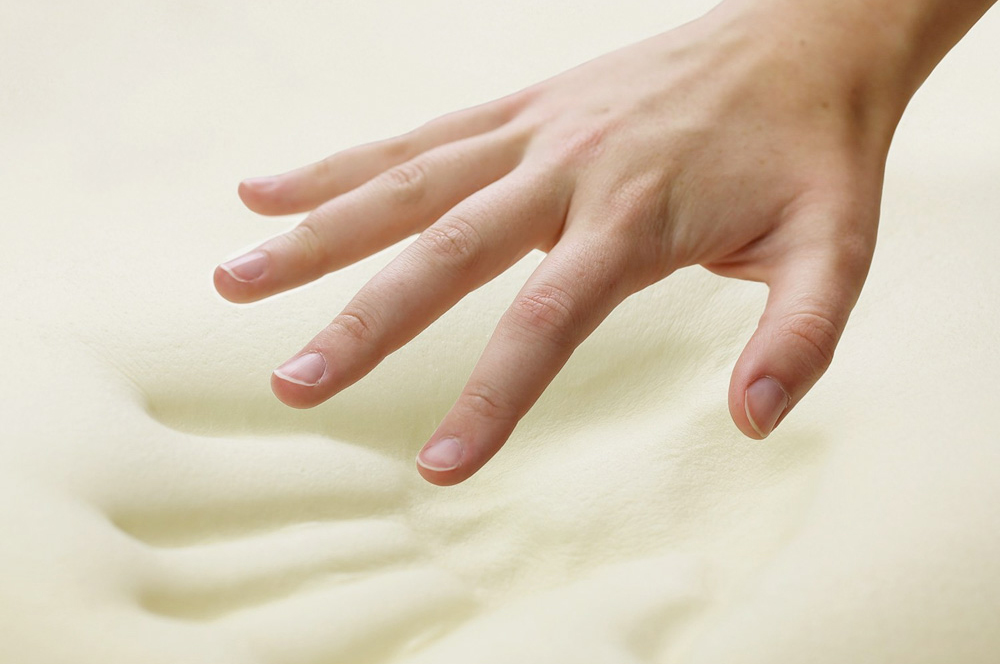




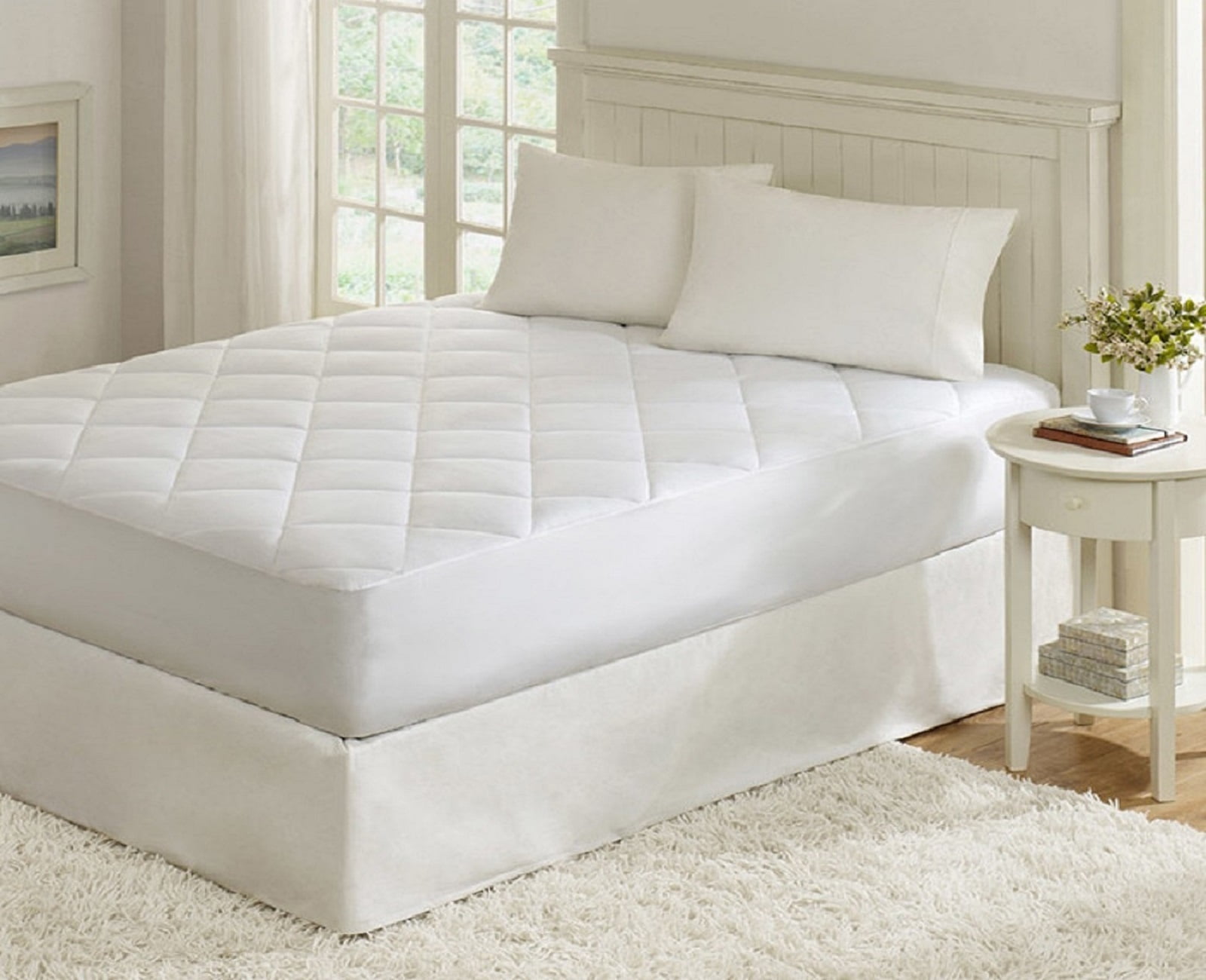

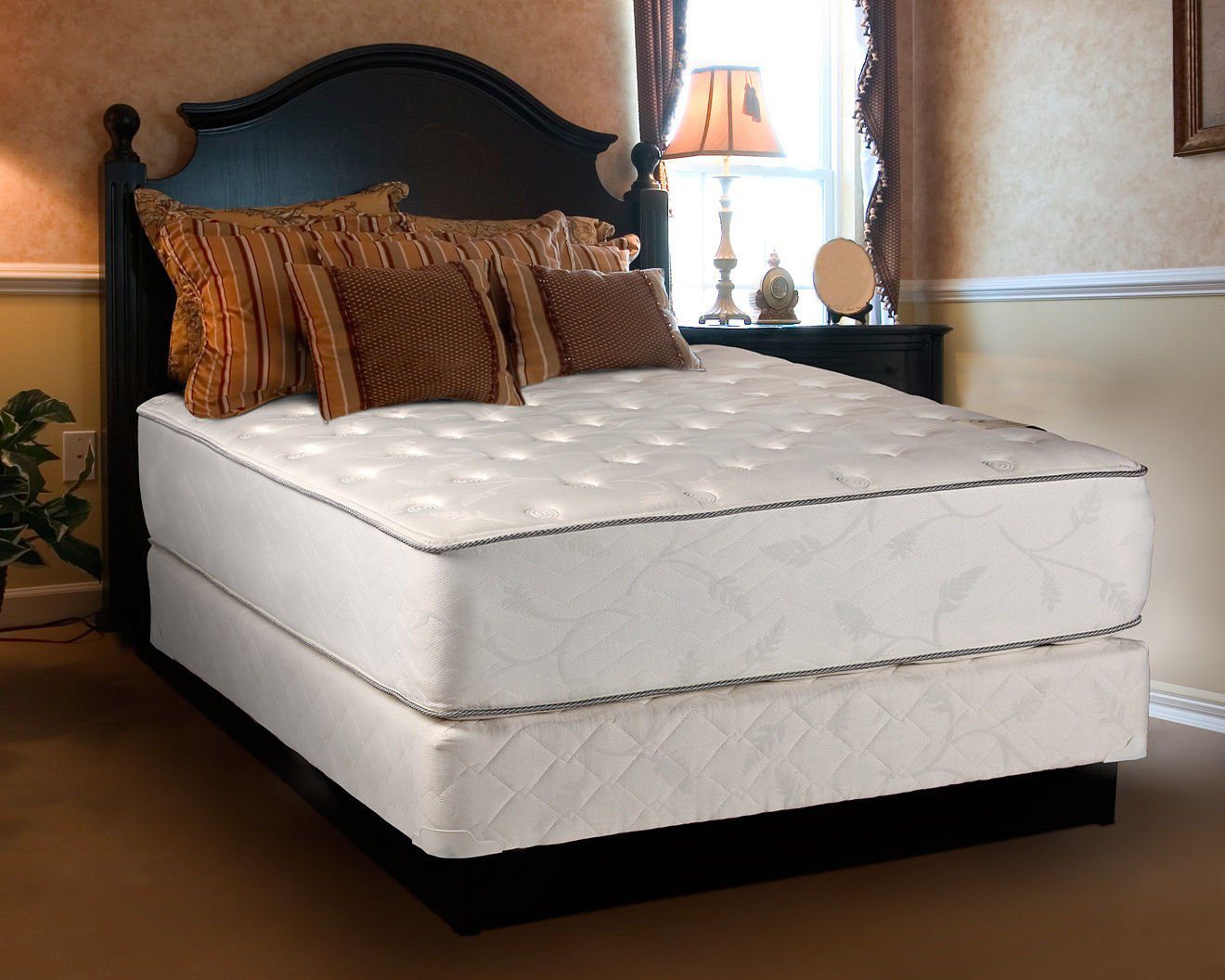
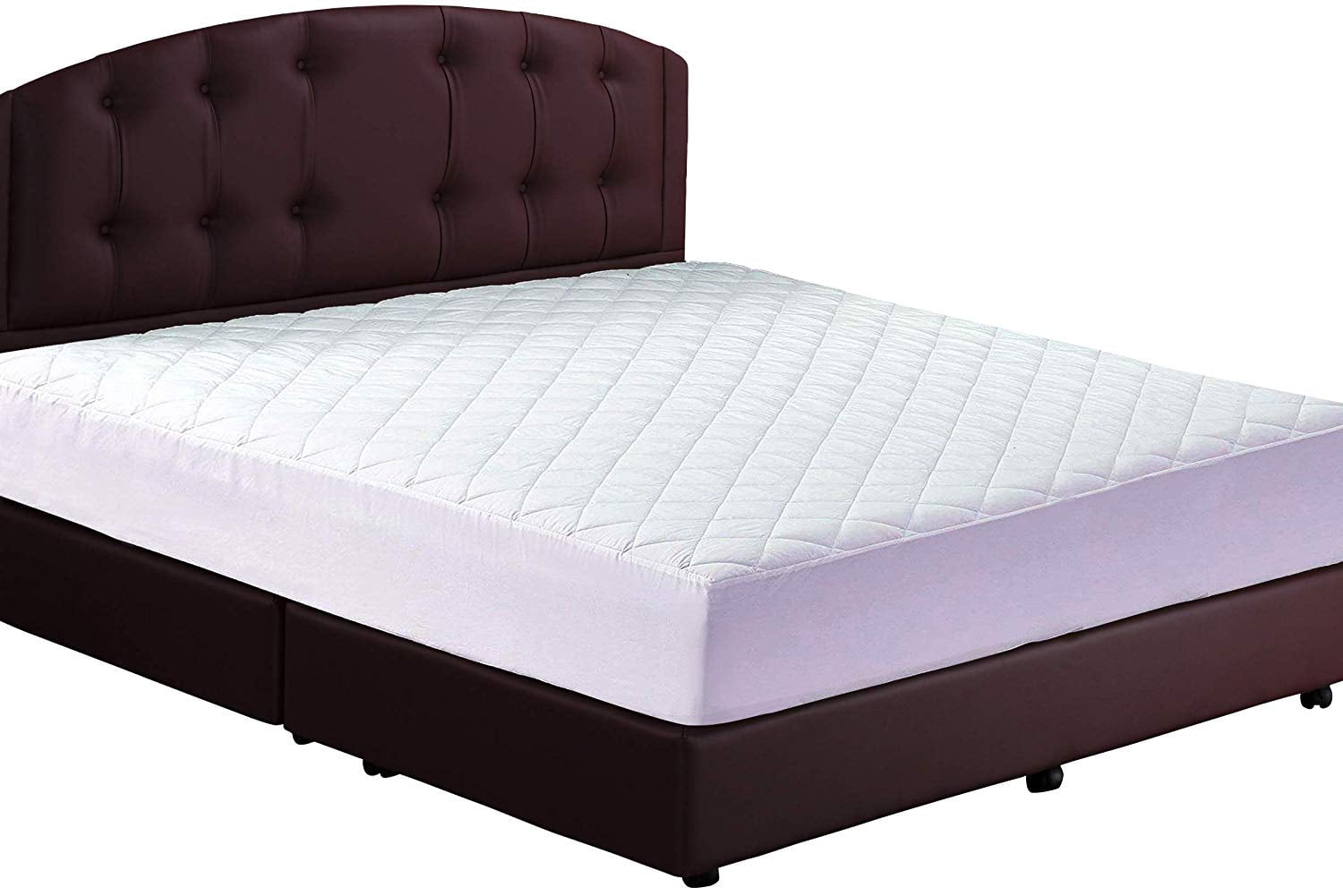
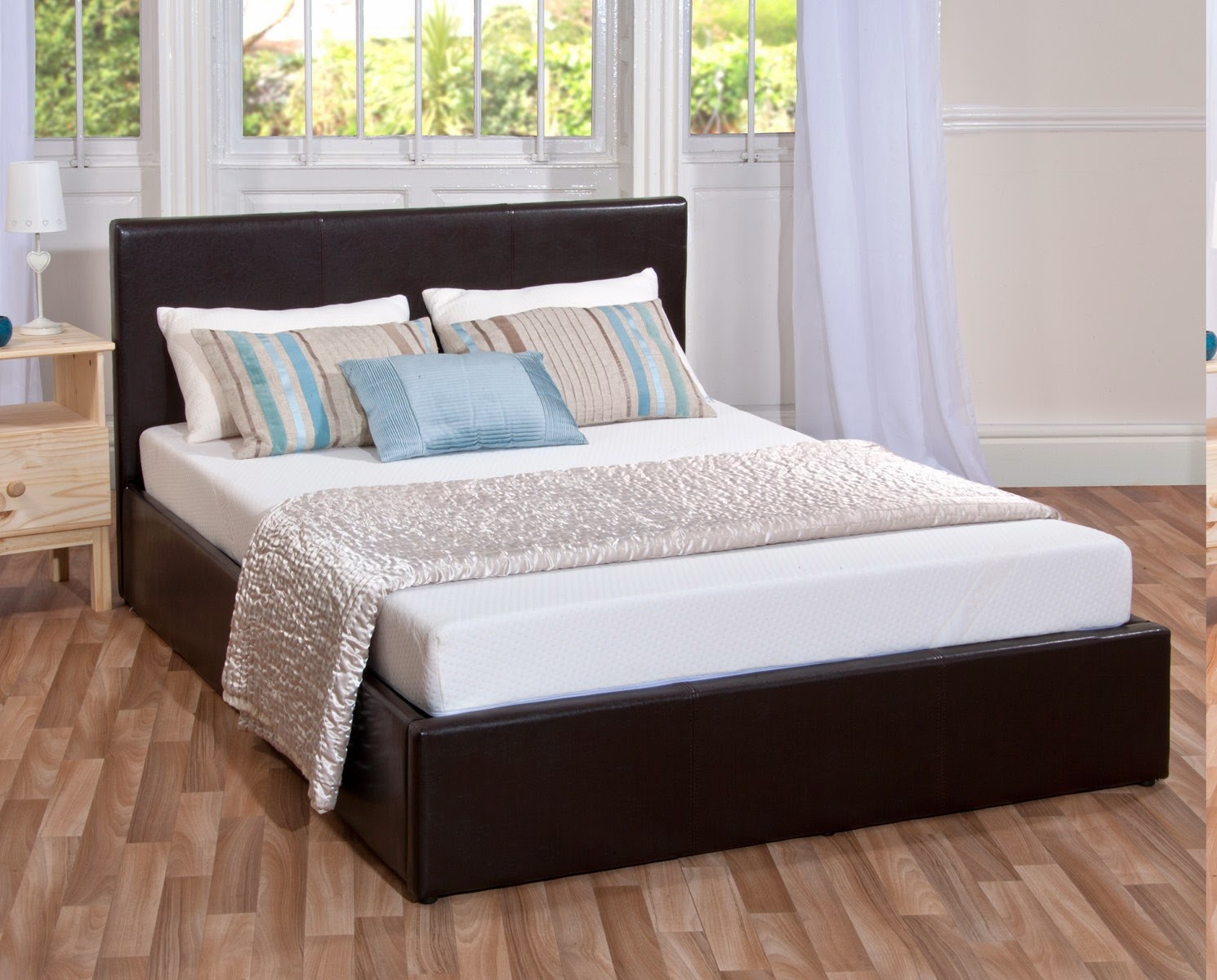




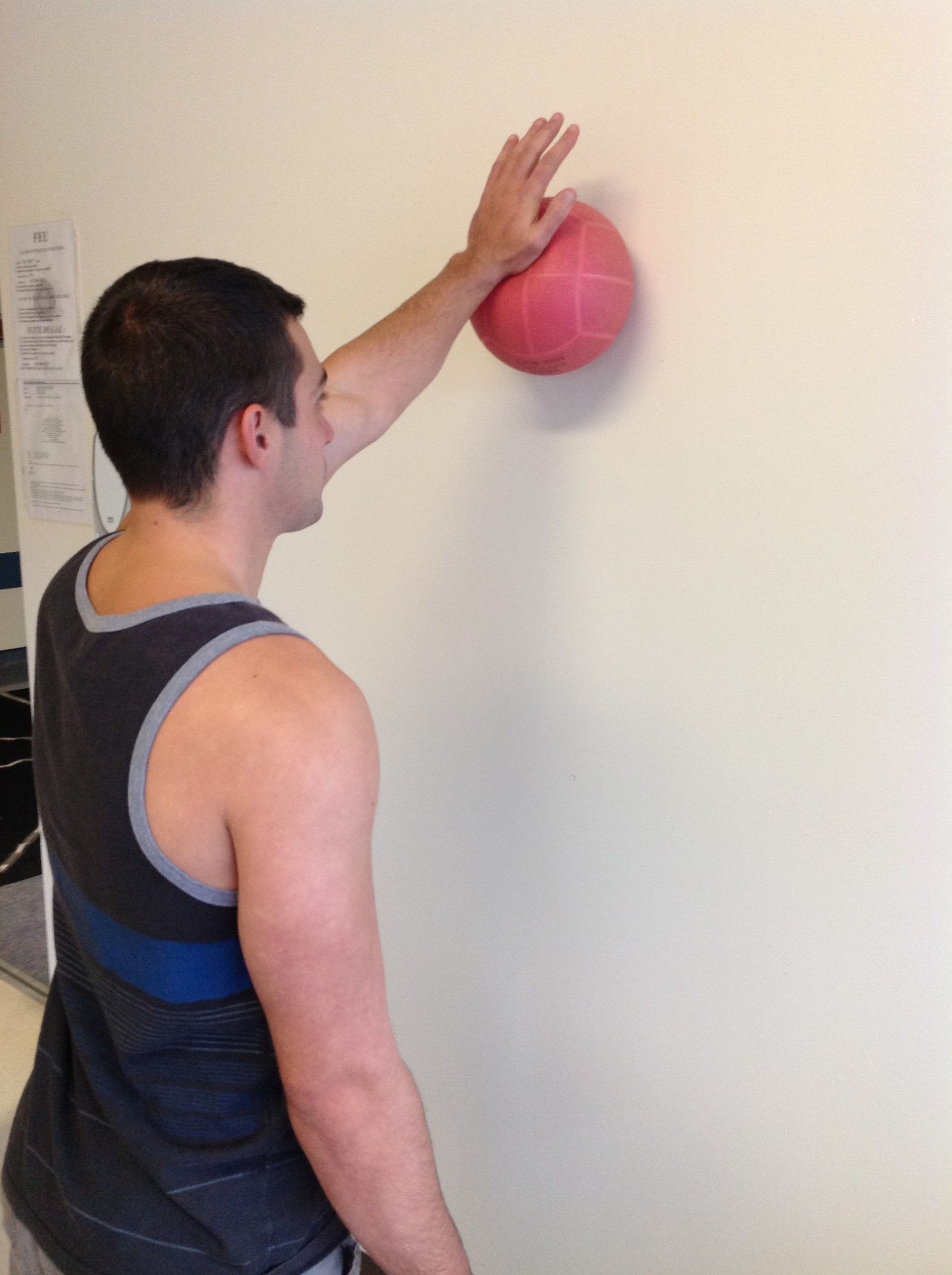





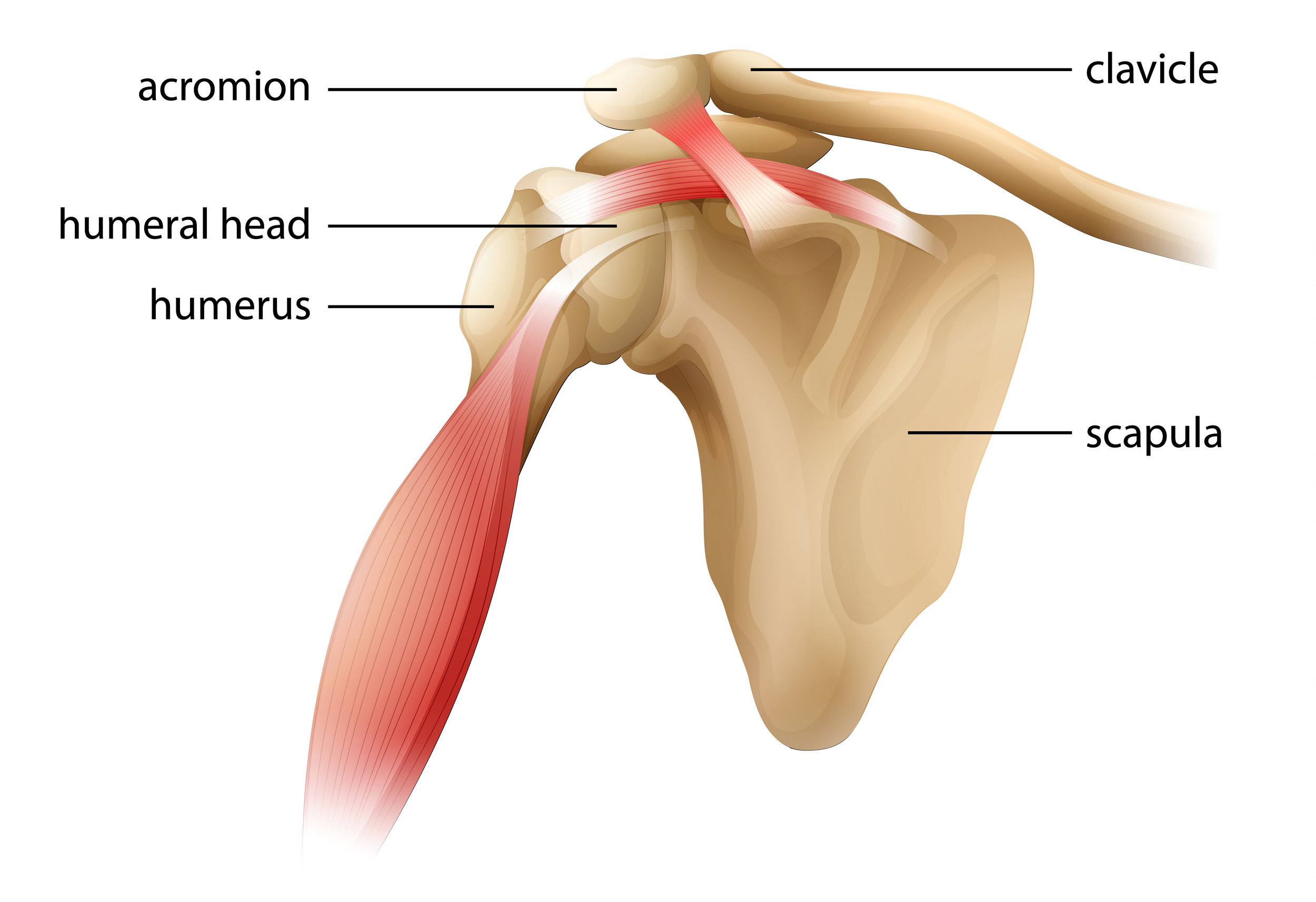


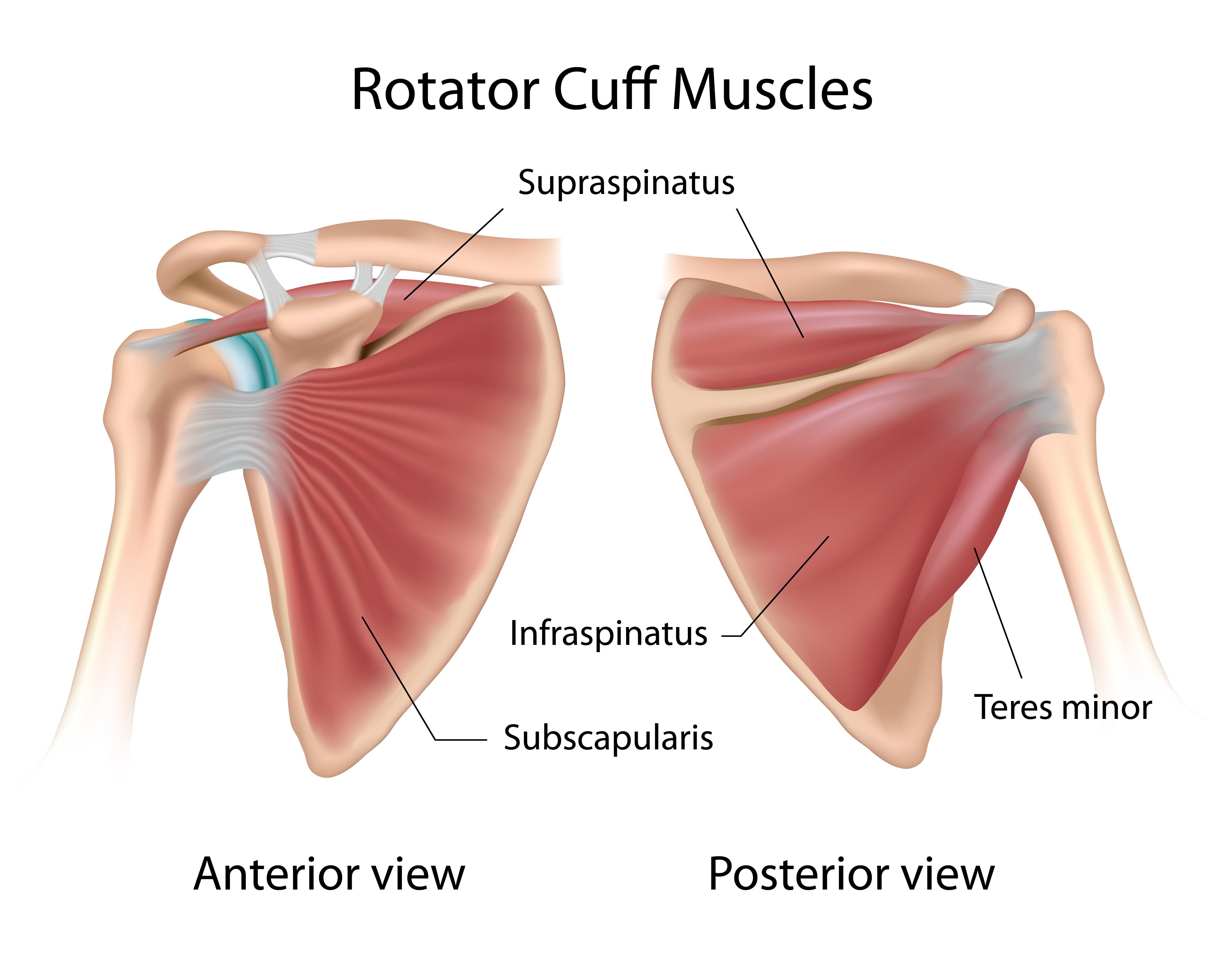
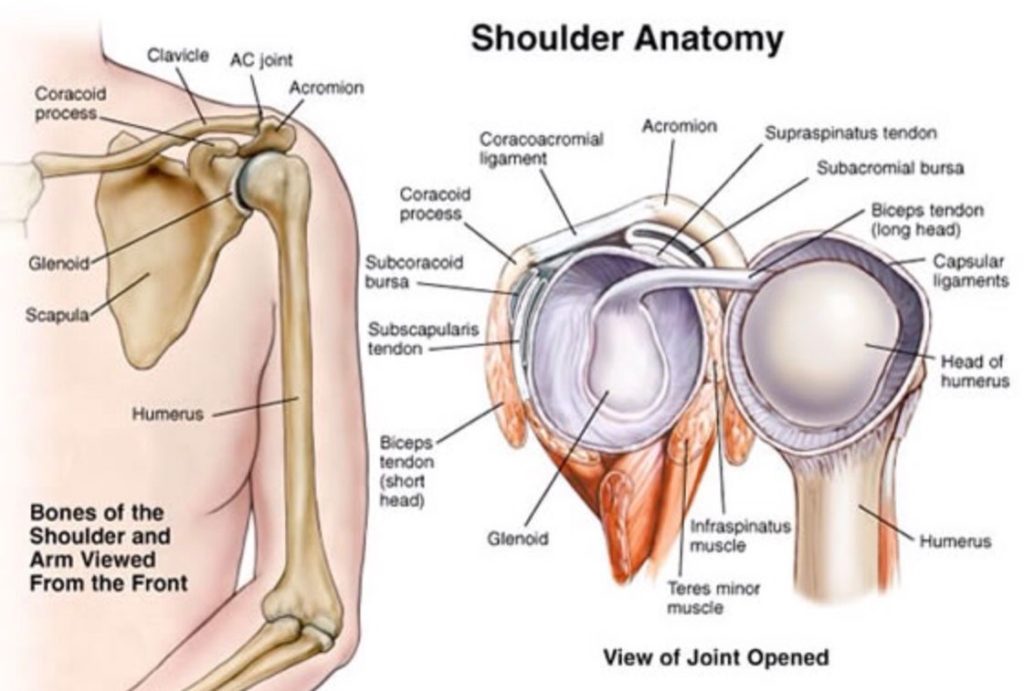











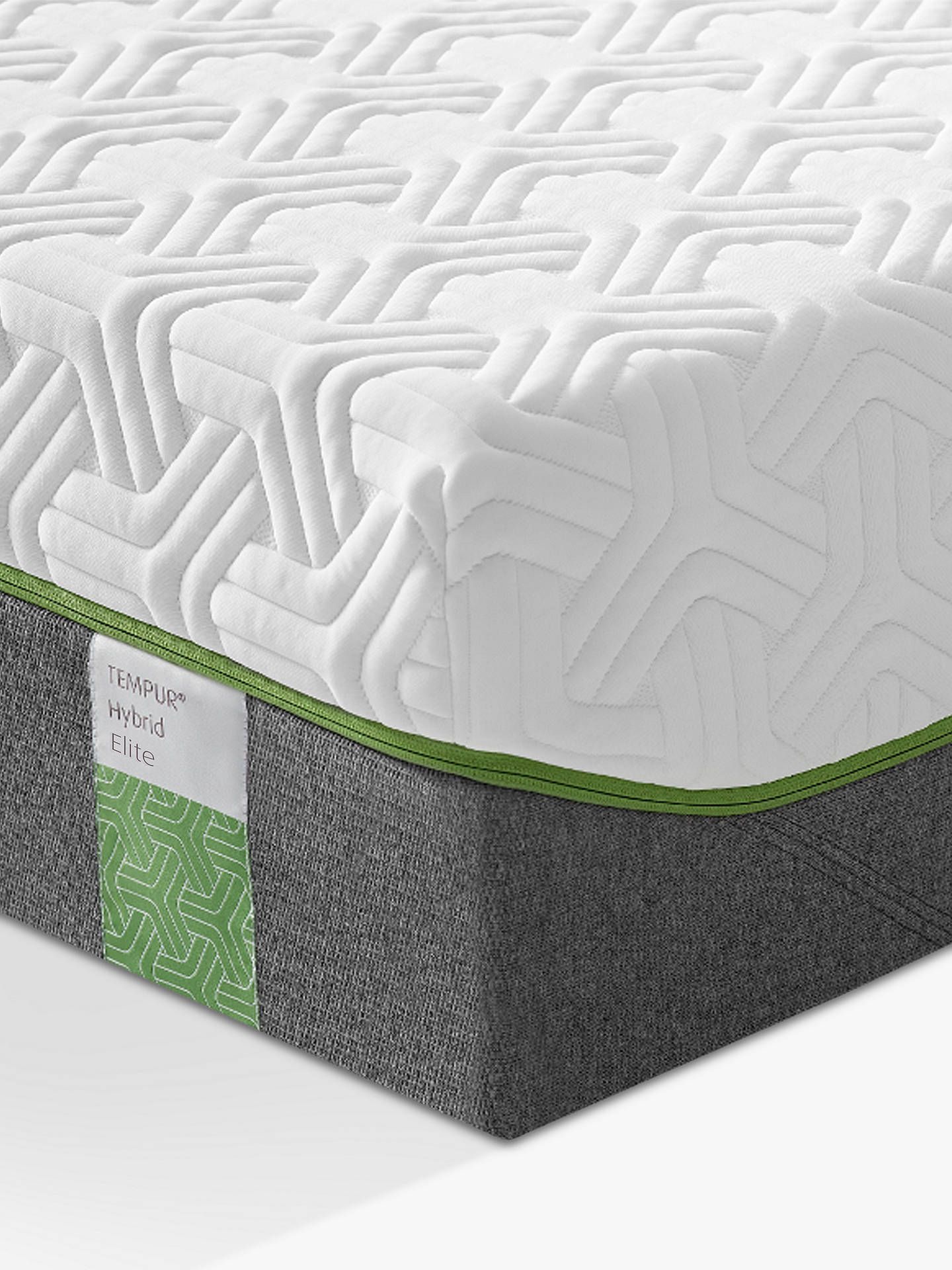




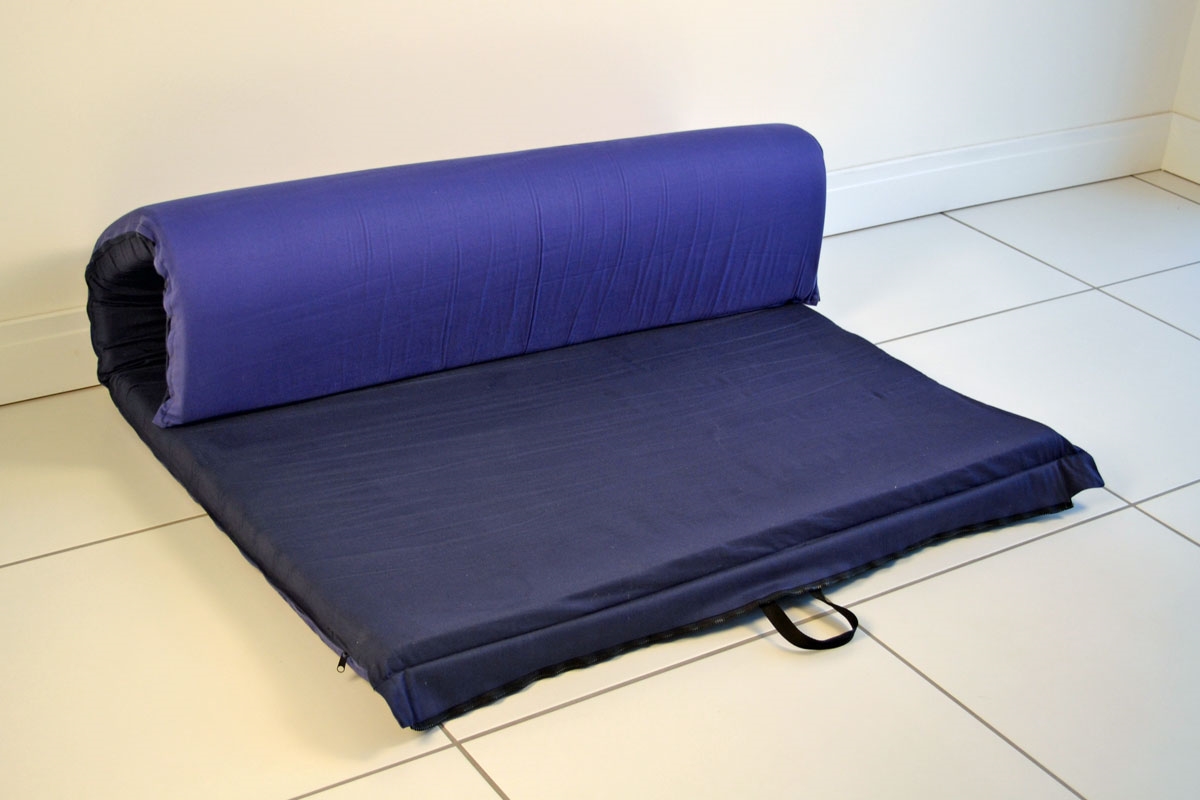
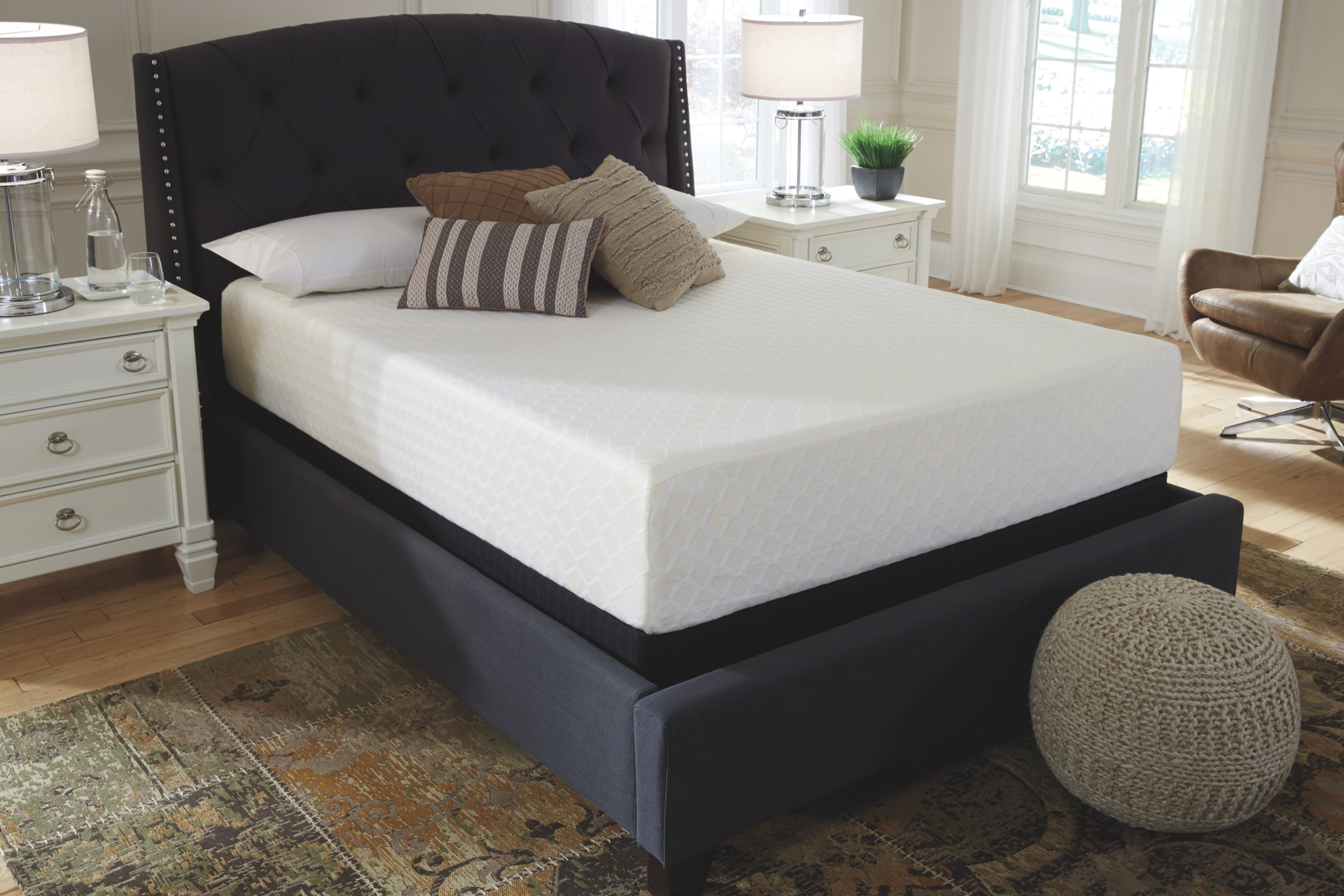
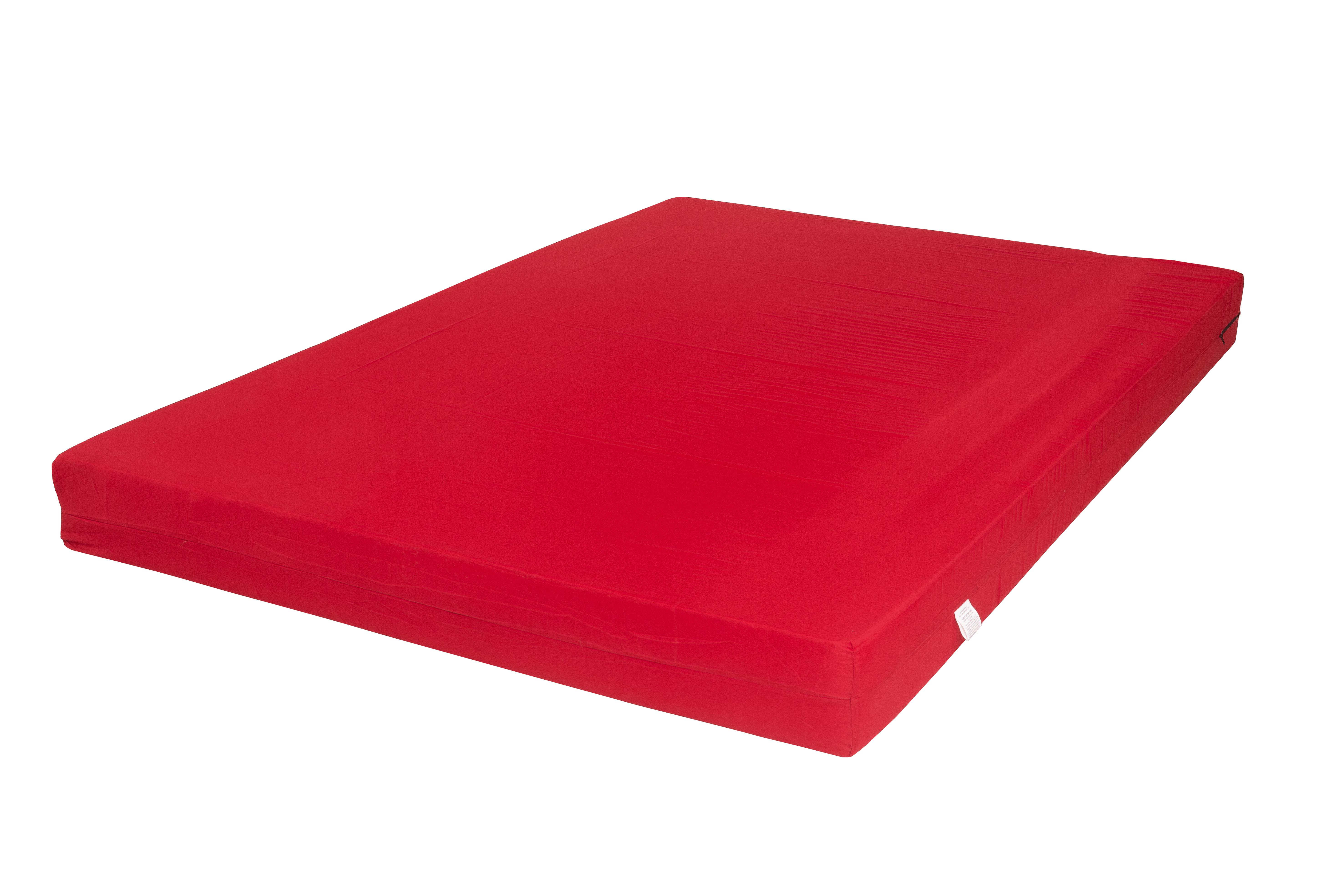










/shoulder-pain-56a82a0b3df78cf7729cb497.jpg)
